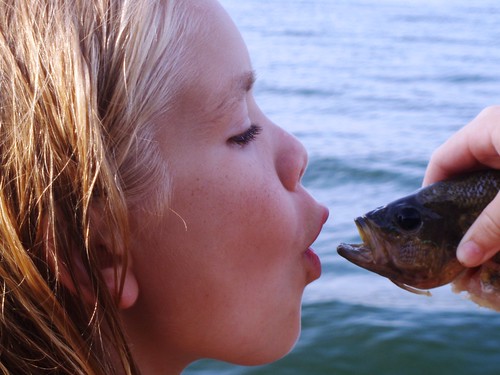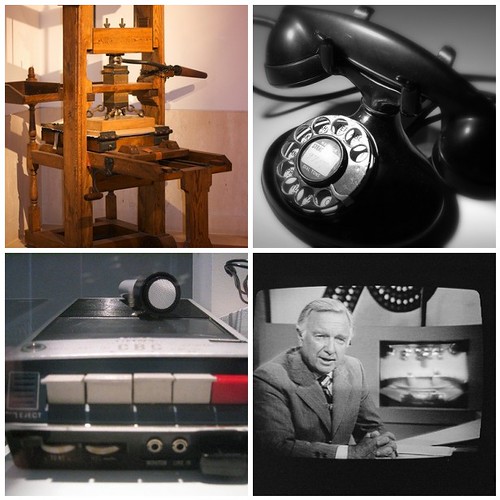Mobile Phones For Learning
The Genie Is Out of the Bottle

Current Cell Phone Policy
Articles Related to Use of Cell Phones at School
- CTAP Region IV Cybersafety Project

Why Use Cell Phones for Instruction?
•
- Need for transformative change in the education system
- Draw on student-based technology resources in a transformative fashion
- 75-90% of students own and are already “engaged” with using and enjoy the use of cell phones in their everyday social lives
- Students are disconnected from everyday technology tools while at school
- It is not about the “tool,” but the “engagement” and “motivation”
- Using a cell phone may not enhance an assignment, but it may be the “motivating” factor to engage disengaged students who love using their cell phones
Extending The School Day
- Make use of spare time by using a technology with which students are familiar
- Students do not have access to expensive (paid by districts) curriculum-specific technologies outside of school
- Student use of cell phones is directly connected with the personal experiences and authentic use of technology
- Many Web 2.0 resources that pair with cell phones are free and readily available
- Students can use their phones to connect with peers, make, edit and publish both photos and videos
Appropriate Cell Phone Use
- Much of 21st Century business is/will be conducted via cell phone
- Students need to learn how to use their cell phones appropriately and professionally
- Provide “real-life” opportunities to teach about copyright, content creation, protection of privacy and ethical use
- Constructive Uses vs. Destructive Uses
- Safety & Etiquette
Common Cell Phone Features
The built-in features if most cell phones make them an excellent data collection tool and a great way to track student learning
- Audio Recorder: Create podcasts & classroom audio projects
- Calculator: Available outside math classroom
- Calendar: Track study reminders, homework & assignment due dates
- Digital Camera/Video:
- Photography: data collection and documentation, visual journalism, creative writing stimulus, notes
- Video clips: citizen journalism, creative movie-making, suggests behavior-modeling clips, video clips of class projects or labs to embed in PowerPoint
- Global Positioning Systems: field trips, geocaching, multiplayer search games
- Mobile Web Internet Access: Viewing mobile websites; text only sites, uploading photos/videos/assignments, m-blogging, WAP classroom sites, a cell phone home page with links, calendars, blogs, polls, articles, and more
- mp3 Player: Listen to podcasts & classroom audio projects
- SMS (text-messaging): quizzes, games, tests and test-preparation, polling, surveys, reminders, classroom discussion, literature circles, tutoring
- Voice: language lessons, i.e., English, Japanese using mobile flash cards, dictionary and phrase book software; guided tours; examinations; suggests cell-phone-delivered lectures, with feedback facilities
- Other Examples:
- Use a cell phone's built in microphone and camera to record lab observations in science class.
- Document important sites during a History fieldtrip using camera phone and built in recorder and present findings in a digital travelogue. SCAVENGER HUNT
- Have students make a photo documentary using the camera function on their cell phones. After they take a sufficient number of photos, they can upload them to sites such as flickr and type narrative descriptions for each picture to share with classmates, family and friends. Bluetooth pictures to one computer to make entire file for class
- Mobile, citizen journalism and moblogging from a cell phone
- Mobile maps - gives you the same images from Google Earth on your mobile phone
- Have students text message homework assignments to their parents so that after school there is no confusion about what is due the next day
Kiss A Fish

It feels weird to kiss a fish!
Text Messaging, SMS and MMS
Learn How To Text Messaging
How To Text: A Step-by-Step Guide
Text Messaging Demo
How To Text Message Your Friends
Google Mobile SMS - Text to 466453
TextForFree - Free text messaging
Text 'Em - Send and receive text messages for free
Tech FAQ - Free SMS for up to 10 numbers at a time
Joopz - Two-way Web Texting
Text 4 Deaf
- Two-way PC/Cell Phone communication for deaf and hearing impaired
Classroom Polling
Poll Everywhere - www.polleverywhere.com
Polls - Embedded using 280slides.com
Sharing News

Citizen Journalism

Citizen journalism, also known as public or participatory journalism, is the act of citizens playing an active role in the process of collecting, reporting, analyzing, and disseminating news and information.
Many of today’s cell phones possess features that allow users to collect, report, analyze and disseminate information.
Sending Photo From a Cell Phone
Photo Messaging Demo
Can I send a photo to Flickr from my camera phone?
Moblogging - Mobile + Weblogging
How Does Mobile Blogger work?
Blogger On The Go
Mobile Blogging In Schools
Jonathan's Mobile Blog
Twitter
Twitpic
- Share your photos on Twitter
Snaptweet
-Easily Share Flickr Pictures on Twitter
Podcasting
Gabcast - www.gabcast.com
- Using Gabcast, a teacher uses his/her cell phone to create a podcast with daily homework assignments and other classroom information.
- Parents download the podcasts to stay up-to-date on their children's school activities.
- Students can call Gabcast to record fluency podcasts in foreign language classes
Just The Right Size
Mobile Phones 2 Learn winksite
Flickr Mobile
Mobilicious
Tan-Tar-A Scavenger Hunt
Collecting the data:
- How many dining choices are there at Tan-Tar-A? Text the answer. Take a photo of the restaurant named after an animal and a photo of a fast food menu.
- Between which two buildings can you find the miniature golf course? Text the answer. Take a photo of the symbols of the two buildings. Dos not have to be on the buildings.
- People visit Tan-Tar-A from all over. Take a photo of an out-of-state license plate. Text message the state.
- How many shops are on Market Lane? Text message the answer. Take a photo (or video) of the shop that interests you most.
- How much does a pedicure cost at the spa? Text the answer. Take a photo of the spa services price list.
- How many dining choices are there at Tan-Tar-A? Text the answer. Take a photo of the restaurant named after an animal and a photo of a fast food menu.
Processing the data (DEMO):
For More Information
Think Mobile Phones for Learning wiki page
Comments (0)
You don't have permission to comment on this page.